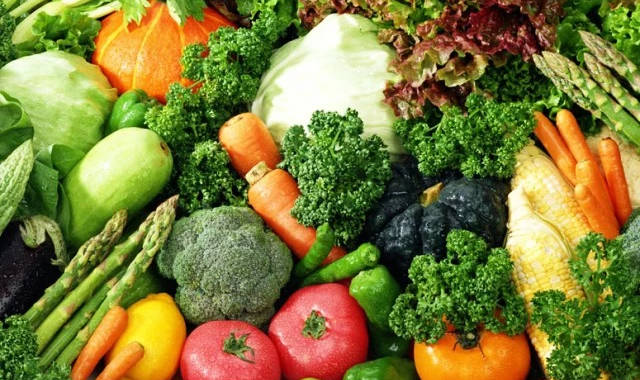
The ManicaPost

Samuel Kadungure
Senior Reporter
SMALLHOLDER farmers at Cashel Valley and Nyanyadzi irrigation schemes – which have a combined 1 000 hectares – have landed a lucrative deal to grow a wide range of horticulture products for the Arab, Mozambican and South African markets.
The Livelihoods and Export Aided Programme (LEAP) and Community Based Health Financing (CBHF) are aimed at complementing initiatives being implemented to achieve Vision 2030 as well the Sustainable Development Goals (SDGs) through poverty alleviation and inclusive economic growth.
The deal – being piloted by Africa Economic Development Strategies (AEDS), Durban University of Technology (DUT) and CareNet Africa (CNA) – is market driven and being run on a commercial basis to ensure sustainability and high returns for farmers.
The consortium has injected US$50 000 into the project which started with 81 farmers who are producing gonions.
Next week another batch of 100 farmers will embark on butternut production.
AEDS executive director, Professor Gift Mugano said Cashel Valley (500ha) and Nyanyadzi (480ha) are being funded to produce high quality horticulture products like onions, butternuts, tomatoes, cucumbers and watermelons.
Under the programme, farmers are entitled to critical components for production like funding, marketing, information, inputs and health support.
DUT will come in with the thrust of entrepreneurship and training on wellness, while CareNet Africa under Masawara Holdings will cater for farmers’ medical needs following the realisation that most of them lack access to primary health care.
Prof Mugano said a donor conference is scheduled for November 25 to mobilise US$30 million to expand the project in Zimbabwe and South Africa for the next three years.
Cashel Valley and Nyanyadzi irrigation schemes used to supply big companies in Mutare and Harare, but their capacity took a huge knock due to side marketing and exploitation of farmers.
Before rolling out the project, the consortium conducted a three months exercise to understand the challenges on the ground.
“Our product offering is informed by an understanding of the circumstances on the ground. We have understood the need for consensus and ownership of the project by the community for it to be sustainable.
“The farmers are in charge of the programme and have put their own governance structures. We gave them ownership, it is their programme. Even in pricing, we do research together, but we will also take on board some companies that were there before us.
“You need transparency, accountability and consensus,” said Prof Mugano.
The farmers are anticipating a yield of 240 tonnes of onions in 90 days, which will translate to US$120 000 at US$0.50 per kilogramme.
“This is a game changer as we are making the markets work for the poor. We have big retail shops that have agreed to take our first produce. We are also working with seed houses who will be on the ground giving demonstrations to farmers.
“Our vision is to feed the Arab Club. If we get donor support we will be intensive and concentrate on the two schemes before looking elsewhere for good water and organised land.
“We are building resilience in the communities because they will be paid in foreign currency and create employment. As we grow bigger, we should actually create more jobs and make it an enterprise. We are also building a health base in the communities. We do not want people to succumb to ailments that can be dealt with,” said Prof Mugano.
He added: “We need to be certain about the quality of products our farmers can produce and when we have that practical evidence, take the next crop to the foreign market. We do not want our containers to be rejected when they are in Dubai. Once we are satisfied that the produce meets international standards, we will ship the next produce to foreign markets,” said Prof Mugano.
Mr Sam Sithole, who is the chairman for the Nyanyadzi project, said the consortium is helping them with both extension services, inputs and medical aid.
“We could not do all these things on our own due to the economic challenges. About 70 percent of the farmers had resigned to fate and this is a huge opportunity that has been embraced by everyone.
“Small-holder farmers do not have medical aid and therefore getting medication and drugs has been a challenge. We are guarding the investment jealously and have put in place security, governance and operation structures to protect the crop. The project speaks to our aspirations as rural people,” said Mr Sithole.



